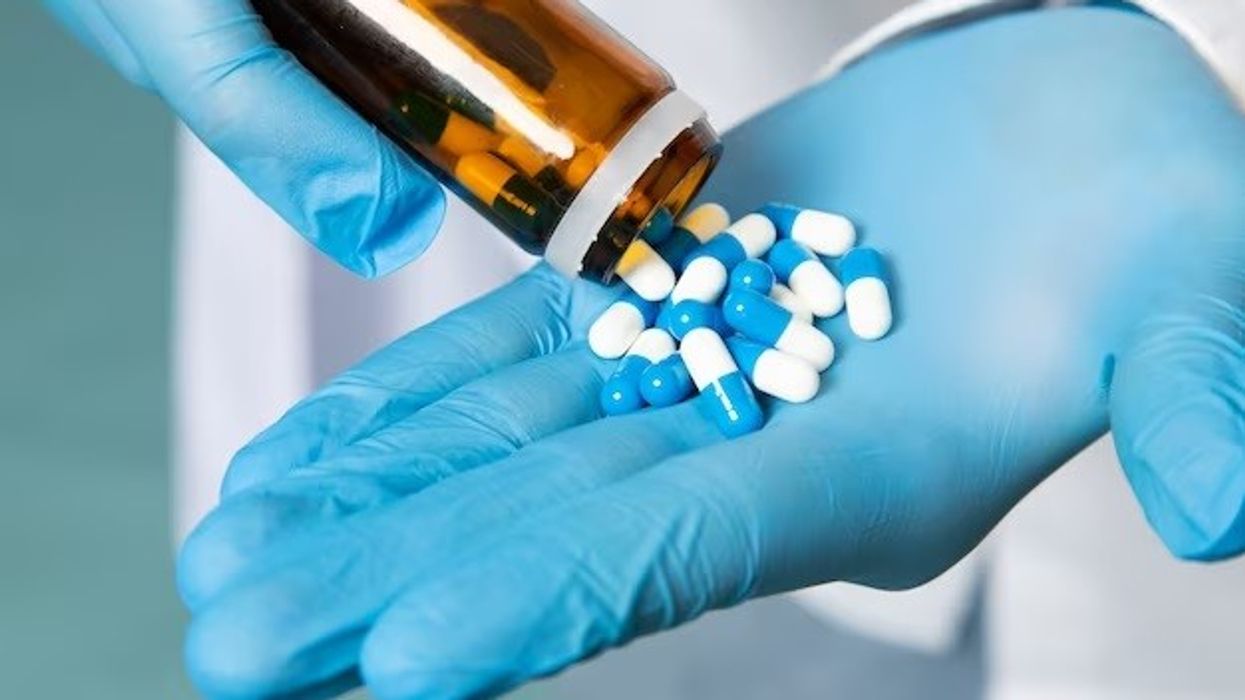The new guidelines underscore the manufacturer's accountability for product quality
Following overseas deaths linked to Indian-made drugs since 2022, India’s Union Ministry of Health and Family Welfare has recently revised rules under Schedule M of the Drugs and Cosmetics Rules, 1945. This mandates Indian pharmaceutical companies to comply with new manufacturing standards this year.
The updated guidelines require pharmaceutical companies to inform the licensing authority about drug recalls and report product defects, deterioration, or faulty production. Previously, there was no provision for notifying the licensing authority about drug recalls.
Emphasising the manufacturer's responsibility for product quality, the new guidelines ensure products are fit for intended use, comply with licensing requirements, and do not pose risks to patients.
“Manufacturers must market a finished product only after obtaining 'satisfactory results' from ingredient tests and retaining sufficient samples for batch testing or verification,” the Health Ministry said.
In August, the Health Ministry reported an absence of testing of incoming raw materials in inspections of 162 drug factories since December 2022. Fewer than a quarter of India's 8,500 small drug factories meet international drug manufacturing standards set by the World Health Organization (WHO). Small manufacturers have a six-month deadline for WHO-GMP certification, while large units have a 12-month deadline.
Good Manufacturing Practices (GMPs) are mandatory standards ensuring product quality through control over materials, methods, machines, processes, personnel, and facilities. First incorporated in Schedule M in 1988, GMPs were last amended in June 2005.
The updated Schedule M includes 13 parts, offering GMP guidelines tailored to specific pharmaceutical drug manufacturing requirements. The amendments introduce five new categories of drugs, including those containing hazardous substances.
India, a major exporter of medicines to low/middle-income countries, requires WHO GMP certification for its pharmaceutical products. Approximately 8,500 of the country's 10,500 manufacturing units fall under the MSME category, with around 2,000 MSME units holding WHO GMP certification.
Sudarshan Jain, secretary-general of the Indian Pharmaceutical Alliance, said, "The government's revision of Schedule M is a positive and significant milestone for the Indian pharmaceutical sector. This will elevate and update the quality standards of medicines, reinforcing the industry's reputation and improving patient outcomes."
"The revised regulations of Schedule M will ensure compliance with international quality standards, benefiting both patients and the industry by promoting the manufacturing of safe, effective, and high-quality drugs,” he added.












